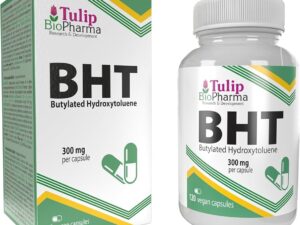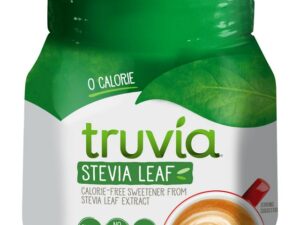Description
Potassium Chloride: More Than Just Table Salt’s Forgotten Cousin
Potassium chloride (KCl), often overshadowed by its more famous chemical cousin, sodium chloride (NaCl), or table salt, is a vital compound that plays a crucial role in various aspects of our lives, from agriculture to medicine. While many might associate potassium primarily with bananas, potassium chloride is a readily available and versatile source of this essential mineral.
A Chemical Overview:
Potassium chloride is an ionic compound composed of positively charged potassium ions (K+) and negatively charged chloride ions (Cl-). It exists as a white or colorless crystalline solid and is highly soluble in water. This solubility makes it easily absorbed and utilized in biological systems.
Potassium: An Essential Nutrient:
Potassium is a vital electrolyte, crucial for maintaining fluid balance, nerve function, and muscle contractions, including the heart. It works in tandem with sodium to regulate these processes. A deficiency in potassium, known as hypokalemia, can lead to muscle weakness, fatigue, heart arrhythmias, and even paralysis.
Uses in Agriculture:
One of the primary applications of potassium chloride is in agriculture as a component of fertilizers. Plants require potassium for proper growth and development, playing a key role in:
- Enzyme activation: Potassium activates enzymes involved in photosynthesis and starch formation.
- Water regulation: It helps regulate water movement within the plant, improving drought tolerance.
- Nutrient transport: Potassium facilitates the transport of other essential nutrients throughout the plant.
- Disease resistance: Adequate potassium levels can enhance a plant’s resistance to certain diseases.
Due to its cost-effectiveness and high potassium content, potassium chloride is the most widely used potassium fertilizer globally.
Medical Applications:
Potassium chloride plays a crucial role in medicine, used in a variety of ways:
- Treatment of Hypokalemia: As mentioned earlier, potassium chloride is administered intravenously or orally to treat potassium deficiencies caused by diuretics, vomiting, diarrhea, or certain medical conditions.
- Electrolyte Replacement: It’s a common component of intravenous fluids used for hydration and electrolyte balance, particularly after surgery or in cases of dehydration.
- Cardiac Arrest (Specific Cases): In carefully controlled conditions, potassium chloride can be used during cardiac emergencies. However, it’s crucial to note that administering potassium chloride incorrectly can be extremely dangerous and even fatal.
- Surgical Fluid: Potassium chloride is sometimes used in surgical fluids to stop the heart during certain procedures, allowing surgeons to operate on a still organ.
Other Industrial Applications:
Beyond agriculture and medicine, potassium chloride finds uses in other industries:
- Food Processing: It can be used as a salt substitute in low-sodium food products, although its taste can be slightly bitter compared to sodium chloride.
- De-icing: It’s sometimes used as a de-icing agent, although its effectiveness is limited compared to other chemicals like sodium chloride.
- Water Softening: Potassium chloride can be used as a regenerant in water softeners, offering an environmentally friendly alternative to sodium chloride.
Safety Considerations:
While potassium chloride is essential, it’s important to handle it with care:
- High doses: Ingesting large amounts of potassium chloride can be toxic, leading to hyperkalemia (excessively high potassium levels) which can cause heart problems.
- Intravenous Administration: Intravenous administration should only be done by trained medical professionals, as rapid infusion can be dangerous.
- Skin and Eye Irritation: Potassium chloride can cause mild irritation to the skin and eyes upon contact.
The Unsung Hero?
Potassium chloride, though less celebrated than table salt, is a fundamental compound with wide-ranging applications. From ensuring healthy plant growth to being a critical component in medical treatments, its importance is undeniable. Its versatility and availability make it a valuable resource for maintaining health and supporting essential industries. So, the next time you enjoy a potassium-rich banana, remember the vital role that potassium chloride plays in making that possible, and in countless other aspects of our lives.










Reviews
There are no reviews yet.